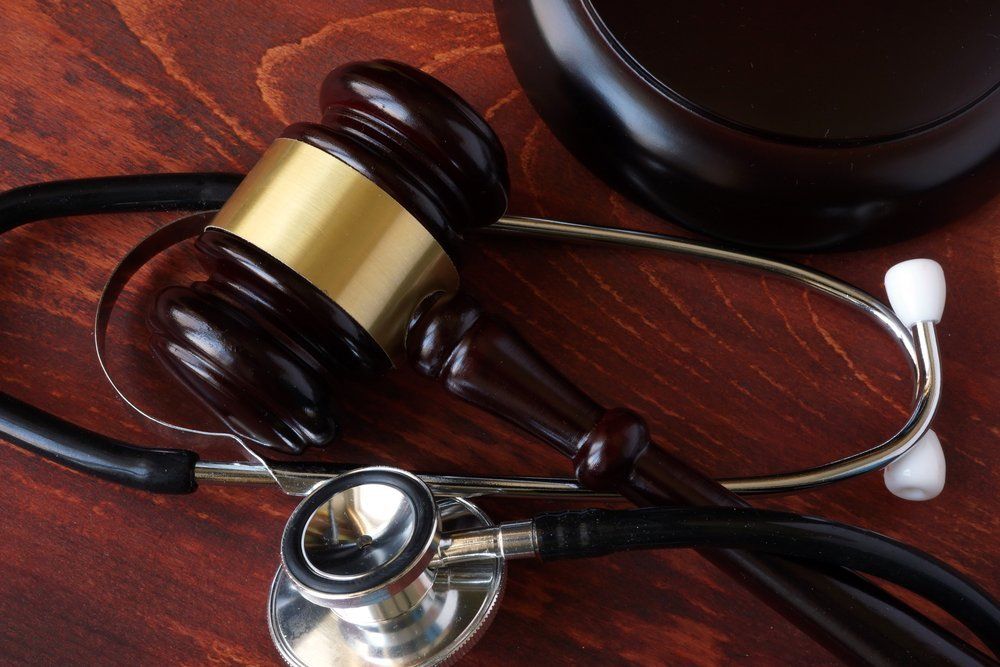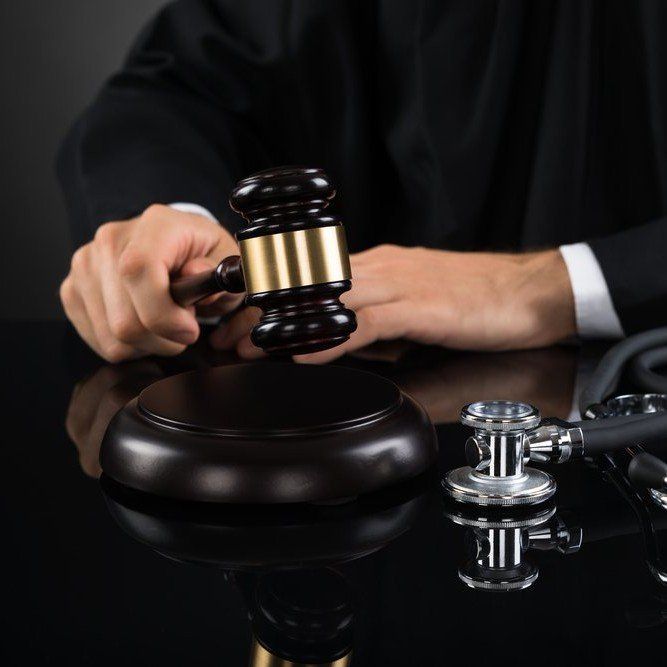Lawsuits that involve accidents or injuries can have many different sides, but the beginning/foundation stages of a personal injury lawyer usually remain the same. The stages of a Personal Injury Case section below will provide you with a general overview of what to expect throughout your trial.
Discovery Tools
In every lawsuit, there is always a “Discovery” Phase. The Discovery stage is critical because it allows you to learn a lot about the opposing side. This process helps you prepare thoroughly for the trial and will help you avoid any surprises that may come your way. The discovery stage includes written discovery, document production, and depositions.
Written discovery consists of the requests for admissions and interrogatories. Interrogatories are questions that take into account your facts in the case. They can be in two different forms; pre-printed "form" interrogatories or "special" interrogatories, which are issues that specific to your case. The other type of written discovery is called a request for admission. Applications for access only ask a person to admit or deny certain facts regarding the case. There is a limit for each side to how many interrogatories and requests for admission.
Document production is another stage. In this juncture, each team will ask the opposite side to create documents that are relevant to the case. The documents that may be requested are unique to the case. They can include anything from business records to medical records. With the advancement of technology, courts now allow computer documents to be included in the case.
Depositions are also usually very helpful in the discovery phase of a trial. In a statement, a person (who is under oath) answers all of an attorney’s questions and a court reporter will make a recording of everything that is said in the deposition. There are often several reasons to depose someone, and each attorney will have his or her particular strategy for a deposition. The common grounds for deposition statements are to permanently lock a person into his or her own story, see what the other side has to say and to see how a witness will act in the trial.
Personal Injury Trial
In a personal injury trial, the judge or jury will be the ones to decide if the defendant is responsible for the plaintiff’s personal injury. The trial will give the plaintiff the opportunity to present his side of the case. The defendant will also have the chance to refute the plaintiff's standpoint in the trial. A full bodily harm trial includes the following stages:
- Process of Selecting a Jury
- An opening statement from each side
- Cross-examination and witness testimony
- Presentation of closing argument from each side
- The Jury will be given instructions from the Judge
- Jury deliberation and final verdict
Hiring a Personal Injury Lawyer
If you have endured a personal injury that you believe someone else is responsible for, your best option would be to contact a personal injury lawyer to help you with your case. Be sure to get in contact with an attorney as soon as possible to avoid missing the cutoff to file a case.
Once you meet with your lawyer, they will likely be asked information about your injury. The attorney will want all details about your case and all it entails.
- Starting the Case: Initial Court Papers
Your attorney should walk you through every step of the case. Filling out original court papers is one of the first steps in the process.
- Fact-Finding and Discovery
Understand the “Discovery” stage which is the process where both opponents in the case find out more about one another.
- Resolution before Trial: Motions
Many cases will be resolved by motions to dismiss, which is a legal document telling the court to stop the case before it goes to trial.
A lot of lawsuit trials settle and then go to trial. Settlements are resolutions between the disputing parties about a legal case and is reached either before or after court begins.
Real life trials are not like what you see on TV. Trials are complicated and include many different stages that your attorney should make you aware of.
- Collecting Money after Judgment
Winning your trial is not the end of the process. Receiving after a ruling often requires some time/work. Ask your attorney what happens after you win the trial.
- Appealing a Decision or Judgment
Learn more from your attorney about what happens after the decision is made and what your next step should be.
The Law Offices of Alvin De Levie can help you with your personal injury case. Our dedicated team of attorneys can assist you with your case. Contact us at 844-777-2529 to learn more or to receive a free consultation!






























